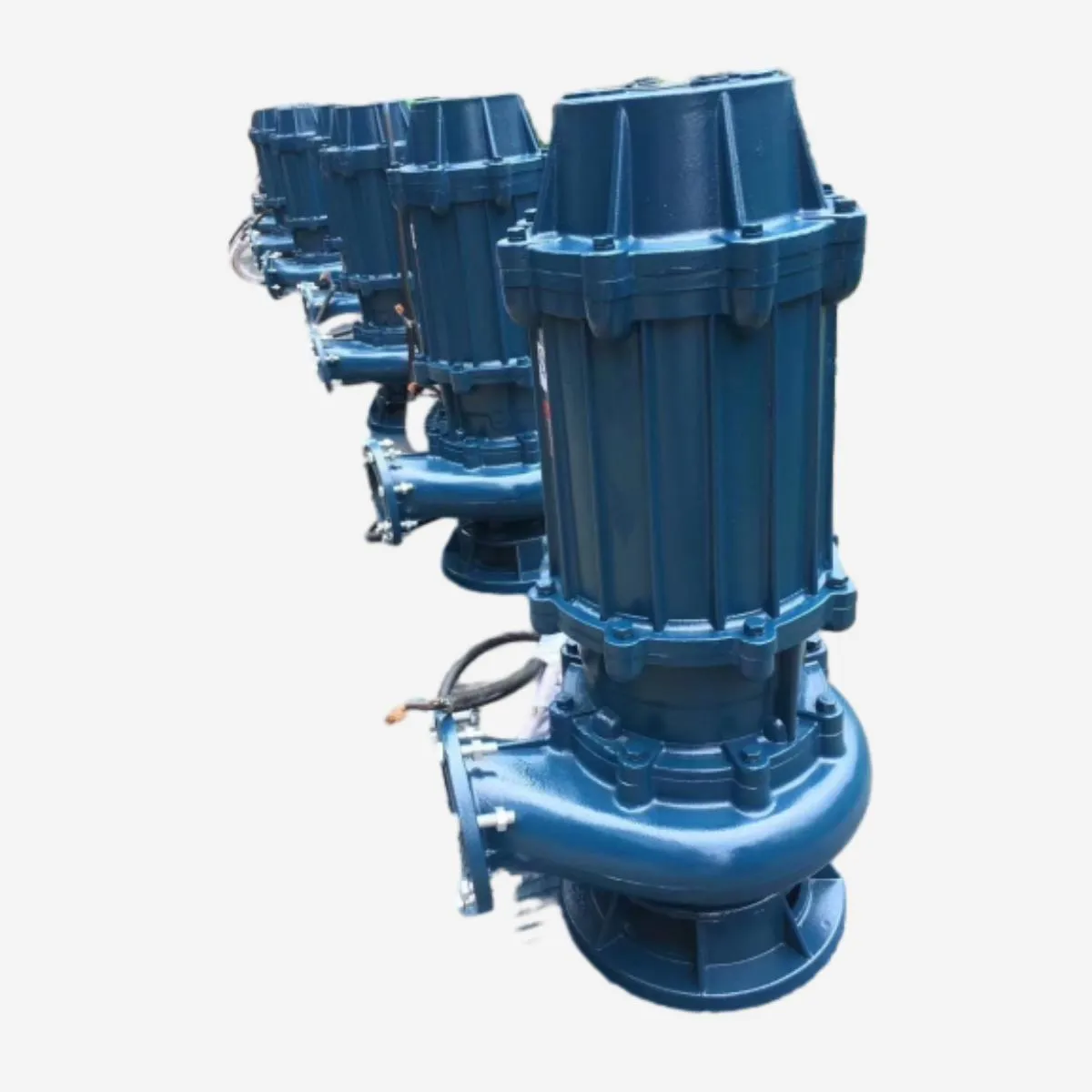Dutch
- Afrikaans
- Albanian
- Amharic
- Arabic
- Armenian
- Azerbaijani
- Basque
- Belarusian
- Bengali
- Bosnian
- Bulgarian
- Catalan
- Cebuano
- Corsican
- Croatian
- Czech
- Danish
- Dutch
- English
- Esperanto
- Estonian
- Finnish
- French
- Frisian
- Galician
- Georgian
- German
- Greek
- Gujarati
- Haitian Creole
- hausa
- hawaiian
- Hebrew
- Hindi
- Miao
- Hungarian
- Icelandic
- igbo
- Indonesian
- irish
- Italian
- Japanese
- Javanese
- Kannada
- kazakh
- Khmer
- Rwandese
- Korean
- Kurdish
- Kyrgyz
- Lao
- Latin
- Latvian
- Lithuanian
- Luxembourgish
- Macedonian
- Malgashi
- Malay
- Malayalam
- Maltese
- Maori
- Marathi
- Mongolian
- Myanmar
- Nepali
- Norwegian
- Norwegian
- Occitan
- Pashto
- Persian
- Polish
- Portuguese
- Punjabi
- Romanian
- Russian
- Samoan
- Scottish Gaelic
- Serbian
- Sesotho
- Shona
- Sindhi
- Sinhala
- Slovak
- Slovenian
- Somali
- Spanish
- Sundanese
- Swahili
- Swedish
- Tagalog
- Tajik
- Tamil
- Tatar
- Telugu
- Thai
- Turkish
- Turkmen
- Ukrainian
- Urdu
- Uighur
- Uzbek
- Vietnamese
- Welsh
- Bantu
- Yiddish
- Yoruba
- Zulu
Telephone: +86 13120555503
Email: frank@cypump.com
sep . 07, 2024 23:49 Back to list
septic pumps
Understanding Septic Pumps Essential Components of Wastewater Management
Septic systems are crucial for managing wastewater in homes and businesses that are not connected to municipal sewer systems. A vital component of these systems is the septic pump, which plays a significant role in transporting wastewater to the drain field or septic tank. In this article, we will explore the importance of septic pumps, their types, functions, maintenance, and the common issues homeowners might face.
What is a Septic Pump?
A septic pump is a mechanical device designed to move sewage and wastewater from a home’s septic tank to the drain field or a secondary treatment system. It operates by using electrical power to drive an impeller, which creates a flow of wastewater and ensures that solids and liquids are efficiently transferred. This pump is especially important in situations where the septic tank is located below the level of the drain field, as gravity alone cannot facilitate the movement of waste.
Types of Septic Pumps
There are several types of septic pumps, each designed for specific applications and needs. The most common types include
1. Effluent Pumps These pumps are used to move the liquid wastewater (effluent) out of the septic tank into the drain field. They are designed to handle smaller solids and are often used in systems with a higher water table.
2. Sump Pumps While typically used in basements to remove excess water, sump pumps can also be utilized in septic systems to help manage groundwater that may infiltrate the system.
3. Submersible Pumps These pumps are installed directly in the septic tank, operating underwater. They are efficient and designed to run quietly, minimizing disturbances.
4. Macerating Pumps These pumps grind up solid waste into a slurry, making it easier to transport through smaller pipes. They are ideal for situations where traditional plumbing cannot be used.
septic pumps

Function of Septic Pumps
The primary function of septic pumps is to ensure the effective removal of wastewater from the septic tank. They help to manage and distribute effluent to the drain field, preventing overflow and potential contamination of the groundwater. Properly functioning septic pumps are essential for maintaining the health of a septic system and the surrounding environment.
Maintenance of Septic Pumps
Regular maintenance is essential for keeping septic pumps in good working condition. Homeowners should inspect their systems annually for any signs of wear and tear. Key maintenance tasks include
- Checking for Clogs Regularly inspect the inlet and outlet pipes for clogs or blockages, which can impede flow. - Inspecting the Float Switch The float switch controls when the pump turns on and off. Ensure it is functioning correctly to prevent running continuously or failing to activate. - Cleaning the Pump Over time, sediment and grease can accumulate in the pump. It is crucial to periodically clean it to maintain efficiency. - Professional Inspections Engaging a professional for annual inspections can help identify potential issues before they escalate into costly repairs.
Common Issues with Septic Pumps
Despite proper maintenance, septic pumps can encounter problems. Common issues include
- Power Failures Sudden power outages can stop the pump from functioning, leading to backup. - Mechanical Failures Over time, the components of the pump can wear out, leading to breakdowns. - Blockages Items that should not be disposed of in a septic system, such as wipes and grease, can cause clogs in the pump.
Conclusion
Septic pumps are indispensable for the proper functioning of septic systems, ensuring efficient waste management and environmental protection. By understanding their operation and committing to regular maintenance, homeowners can extend the life of their septic systems and avoid costly repairs. Proper care and attention to these critical components will ultimately result in a more reliable and efficient wastewater management solution.
-
ISG Series Vertical Pipeline Pump - Chi Yuan Pumps Co., LTD.|High Efficiency, Energy Saving, Low Noise
NewsJul.30,2025
-
ISG Series Vertical Pipeline Pump- Chi Yuan Pumps|High Efficiency&Low Noise
NewsJul.30,2025
-
ISG Series Vertical Pipeline Pump-Chi Yuan Pumps Co., LTD.|High Efficiency&Energy Conservation
NewsJul.30,2025
-
ISG Series Vertical Pipeline Pump - Chi Yuan Pumps Co., LTD.|Advanced Hydraulic Design&Energy-Efficient Solutions
NewsJul.30,2025
-
ISG Series Vertical Pipeline Pump - Chi Yuan Pumps Co., LTD.
NewsJul.30,2025
-
ISG Series Vertical Pipeline Pump - Chi Yuan Pumps Co., LTD.|energy-efficient fluid handling&industrial durability
NewsJul.30,2025










